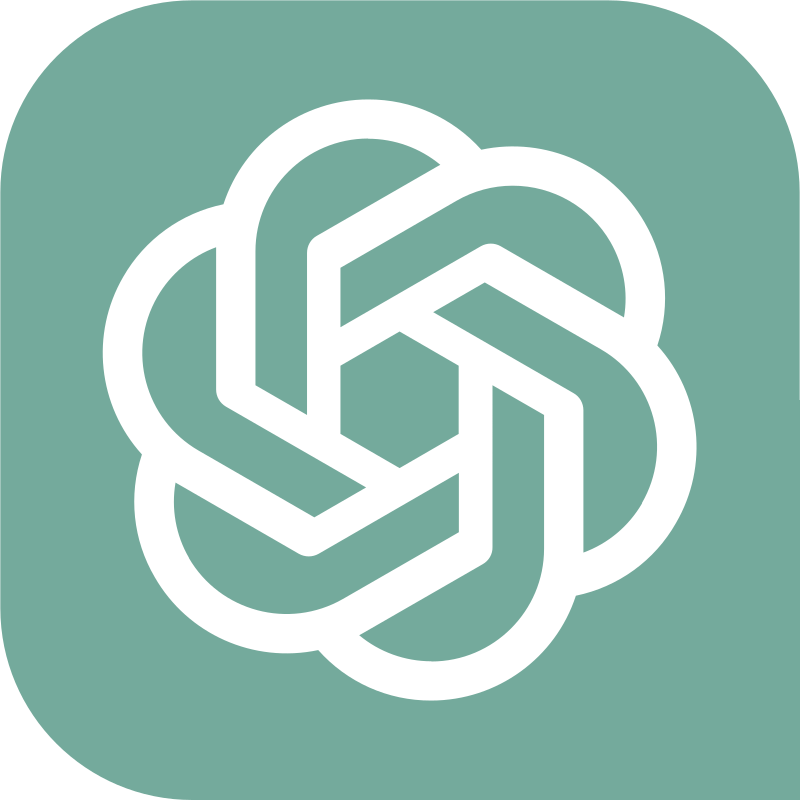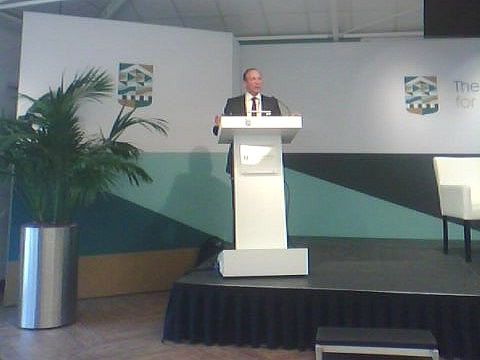| Indo-European languages
Most European languages are Indo-European languages. This large language-family is descended from a common language that was spoken thousands of years ago, which is referred to as Proto-Indo-European.
Albanian
The language, also known as Shiptar are made up of two major dialects, Geg and Tosk spoken in the country of Albania, but Albanian speaking minorities in North Macedonia; as one of two major languages in Kosovo, Serbia; and some Albanian speakers living in parts of Montenegro.
Armenian
The Armenian language is widely spoken as the majority language in Armenia which was under the Soviet Union until 1991. There are Armenian speakers in globally scattered communities of the Armenian diaspora in Europe, the Middle East, and the Americas (in North and South America).
Baltic languages
Curonian,
Galindian (extinct),
Latgalian,
Latvian,
Lithuanian,
Old Prussian (extinct),
Samogitian,
Selonian (extinct),
Semigallian (extinct) and Sudovian (extinct)
Celtic languages
Goidelic (Gaelic)
Germanic languages
The Germanic languages in Europe
Low Franconian and Low German (West Germanic),
High German (West Germanic),
Insular Anglo-Frisian (West Germanic),
Continental Anglo-Frisian (West Germanic),
East North Germanic,
West North Germanic
Line dividing the North and West Germanic languages.
West GermanicEast Germanic
Greek
The official language of Greece has a history as part of the legacy of ancient Greece. Greek and Latin, the language of the Roman Empire are used in professional fields such as science and literature. Greek speakers live in nearby countries, also an official language of Cyprus and small Greek enclaves of Albania, Bulgaria, Italy, the former Yugoslav republic of Macedonia, Romania and Turkey, and in Greek communities around the world in all six continents.
Italic languages Romance languages
The Romance languages descended from the Vulgar Latin spoken across most of the lands of the Roman Empire.
Ibero-Romance languages and dialects Gallo-Romance languages Italo-Romance languages Rhaeto-Romance languages
Eastern Romance languages |

